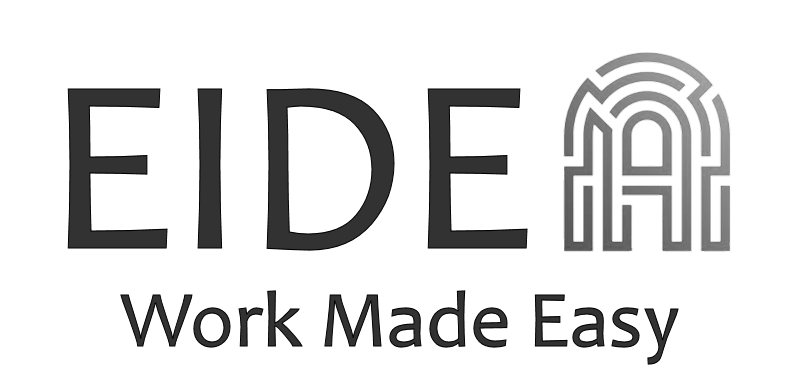Endpoints
Endpoints are defined to exchange data either using messages or files. An Endpoint is defined by a Type and a Direction. Depending on the type, additional properties are needed. I.e. a "Service" and a "Data contract" or a "File type".
All orchestration and triggering is done from within F&O, using event handlers and the batch framework. This is a conscious choice, leaving the integration work to the batch framework and not the end users. Once outbound message endpoints are defined, event handlers start executing and outbound messages are created. For inbound messages, nothing happens before the receive job is executed, preferably in batch. When it comes to File endpoints the job that produces the file can be custom made or be a standard ER-job with a different output as the files needs to be stored in the File storage made for this purpose.
Connection strings, usernames and passwords are stored as secrets in Azure Key Vault and added to the Integration Suite's global key vault in F&O for added security. There is build-in support for bank integrations with encryption using the ISO20022 standard. When these files are imported the corresponding ER configurations are executed.
